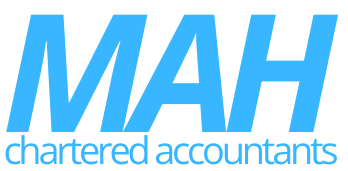31 October 2017
Although the MiFID II regulation has been published since 2014 (delayed implementation date – 3rd January 2018), it is surprising that H M Revenue & Customs has not yet provided any firm guidance on the VAT treatment of research work.
Recent press states that HMRC is now meeting with industry groups and is set to publish guidance on the VAT treatment of research work carried out from 3 January 2018 onward under MiFID II.
Commission sharing agreements (CSA)
Currently, any research work paid via a CSA is potentially an exempt supply for VAT purposes as it is normally bundled with a payment for execution services. Execution commissions are exempt supplies for VAT and if research is part and parcel of the execution services, then the bundled research services are also exempt from VAT. MiFID II seeks to separate research from commissions as part of a larger aim to reduce the research data being fed to fund managers.
Fund managers
Firms that manage funds are generally not eligible to register for VAT as they mainly deal in financial products, which are exempt from VAT.
MiFID II requires that the payment for research work is done separately and independently from the payment of commissions for execution services. Research Payment Accounts (RPA) are now going to be used by many fund managers.
VAT position after MiFID II?
If research is to be identified as a separate supply from that of execution services, HMRC rules could deem the supply of research services as VATable services at the standard rate of 20%.
The disadvantage here would be felt by research providers as:
- Fund managers will not be willing to increase their budgets for research given that they are unable to reclaim any VAT suffered on research costs,
- Research providers would be pricing themselves out of market (against providers outside Europe) should they try and increase their prices by 20% in order to accommodate the possible new VAT burden, and
- as a result, UK based research providers will be forced to absorb the 20% VAT burden and accept lower fees than what they are receiving now.
We are keenly following this issue for our clients. If you require any assistance with your company’s VAT or tax position in respect of work in the Financial Services industry, please contact us.
Also read…






